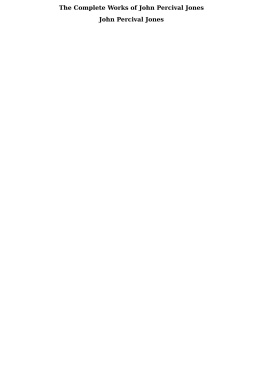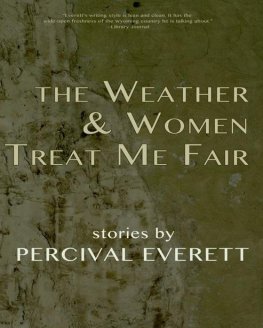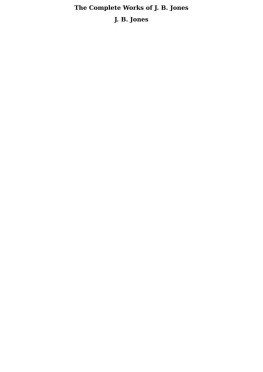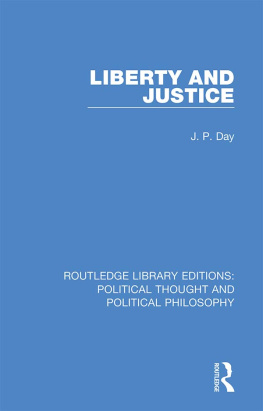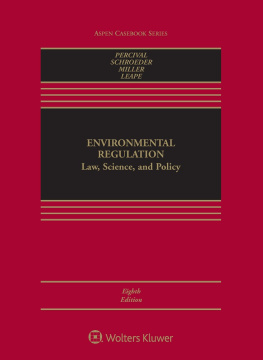Shrine of Knowledge
Shrine of Knowledge 2020
A publishing centre dectated to publishing of human treasures.
All rights reserved. No part of this publication may be reproduced, stored in a retrieval system, or transmitted in any form or by any means without the prior written consent of the succession or as expressly permitted by law or under the conditions agreed with the person concerned. copy rights organization. Requests for reproduction outside the above scope must be sent to the Rights Department, Shrine of Knowledge, at the address above.
ISBN 10: 599896248
ISBN 13: 9780599896246
This collection includes the following:
India, Its Life and Thought
India's Problem Krishna or Christ
Money: Speech of Hon. John P. Jones, of Nevada, On the Free Coinage of Silver; in the United States Senate, May 12 and 13, 1890
INDIA
ITS LIFE AND THOUGHT
BY
JOHN P. JONES, D.D.
SOUTH INDIA
AUTHOR OF "INDIA'S PROBLEM, KRISHNA OR CHRIST,"
ETC., ETC.
New York
THE MACMILLAN COMPANY
1908
Copyright, 1908,
By THE MACMILLAN COMPANY.
Dedicated
TO MY DEAR CHILDREN
WHO HAVE
BRAVELY AND CHEERFULLY ENDURED
THE SEPARATION AND THE LOSS OF HOME
FOR THE SAKE OF INDIA
[ix]
PREFACE
To the people of the West, the inhabitants of India are the least understood and the most easily misunderstood of all men.
It is partly because they are antipodal to the Westthe farthest removed in thought and life. They are also the most secretive, and find perennial delight in concealment and evasion.
According to Hindu teaching, the Supreme Spirit forever sports in illusion. It continuously manifests itself through unreal and false forms, which delude and lead astray ignorant man. In harmony with this philosophy of the Divineand may it not be as a result of it?the people of India too often delight in unreal and deceptive exhibitions of themselves. At any rate, it is exceedingly difficult for a man of the West, especially he of the Anglo-Saxon type, to apprehend the full significance and the correct drift of life and thought of this land.
It is amusing, when not discouraging, to witness travellers, who have rushed through India in a winter tour, publish volumes of their misconceptions and ill-digested theories about the people with an oracular emphasis which is equalled only by their ignorance. [x]
The author of this book makes no claim to a right to speak ex cathedra upon this subject. Nevertheless, thirty years of matured experience in this land, living in constant touch with the people and studying with eagerness their life and thought, gives him an humble claim to speak once more upon the subject.
Even now, however, his pride of knowledge is chastened by the oft-recurring surprises which the Oriental nature and life still bring to him. And he does not cease to pray, with a western saint, who, at the end of a half century of work for the people of India, daily cried out,
"O Lord, help me to know these people and to come into intimate relations of life with them!"
If, in these pages, he can help others of the West to come face to face with the immense and intricate problems which confront all who desire to know, to help, and to bless India, and shall enable them to understand better the conditions and characteristics of life in the Land of the Vedas, he will feel amply repaid for his labours.
I express my deep gratitude to the Rev. J. L. Barton, D.D., for his kind encouragement in the publishing of this book; and also to the Rev. W. W. Wallace, M.A., for his generous aid in the proof-reading.
J. P. JONES.
INDIA: ITS LIFE AND THOUGHT
CHAPTER I
INDIA'S UNREST
India has been called the land of quiet repose, content to remain anchored to the hoary past, and proud of her immobility. Invasion after invasion has swept over her; but
"The East bowed low before the blast, In patient, deep disdain; She let the legions thunder past, And plunged in thought again."
Yet this same India is now throbbing with discontent, and is breathing, in all departments of her life, a deep spirit of unrest. This spirit has recently become acute and seemed, for a while, in danger of bursting into open rebellion, not unlike the Mutiny of half a century ago.
I
This movement is but a part of the new awakening of the East. The world has seen its marvel [2]lously rapid development and fruitage in Japan. It is witnessing the same process in China and Korea. The people of India, likewise, have been touched by its power and are no longer willing to rest contentedly as a subject people or a stagnant race.
This movement is not only political, it permeates every department of life; and it partakes of the general unrest which has taken possession of all the civilized nations of the earth. It is really the dawning of India's consciousness of strength and of a purpose to take her place, and to play a worthy part, in the great world drama.
This spirit found its incarnation and warmest expression in the opposition to the government scheme, two years ago, under Lord Curzon, for the partition of Bengal. The Bengalees keenly resented the division of their Province; for it robbed the clever Babu of many of the plums of office. He petitioned, and fomented agitation and opposition to the scheme. Then, in his spite against the government, he organized a boycott against all forms of foreign industry and commerce. This has been conducted with mad disregard to the people's own economic interest, and has, moreover, developed into bitter racial animosity. [3]
The Bengalee has striven hard to carry into other Provinces also his spirit of antagonism to the State. Though he has not succeeded in convincing many others of the wisdom of his method, he has spread the spirit of discontent and of dissatisfaction far beyond his own boundary. Even sections of the land which denounce the boycott as folly, if not suicide, have taken up the political slogan of the Babu (Bande MataramHail, Mother!) and are demanding, mostly in inarticulate speech, such rights and privileges as they imagine themselves to be deprived of.
The movement is, in some respects, a reactionary one; and race hatred is one of its most manifest results. It is not merely a rising of the East against the West; it is also a conflict between Mohammedans and Hindus. In Eastern Bengal, where the Mussulmans are in a large majority, and where the Hindus have become the most embittered, the former have stood aloof from the latter and have opposed the boycott. This has led to increasing hatred between the members of these two faiths,a feeling which has spread all over the country, and which has carried them into opposing camps. This is, in one way, fortunate for the gov [4]ernment, since it has given rise to definite and warm expressions of loyalty by the whole Mohammedan community.
Disgruntled graduates of the University and school-boys take the most prominent place in this movement. The Universities annually send forth an army of men supplied with degreeslast year it was 1570 B.A.'s; and it is the conviction of nine-tenths of them that it is the duty of the government to give them employment as soon as they graduate. As this is impossible, many of them nurse their disappointment into discontent and opposition to the powers that be. Many of them become dangerous demagogues and fomenters of sedition. Not a few such are found in every Province of the country. And they find in the High School and College students the best material to work upon. These boys have been the most numerous and excited advocates of this movement. As in Russia, so in India the educational institutions are becoming the hotbeds of dissatisfaction and opposition to the State. But there is this difference. In Russia the University student is much more truly an exponent of public sentiment, and more ready to suffer for that sentiment, than are the dependent youth of colleges in India.

